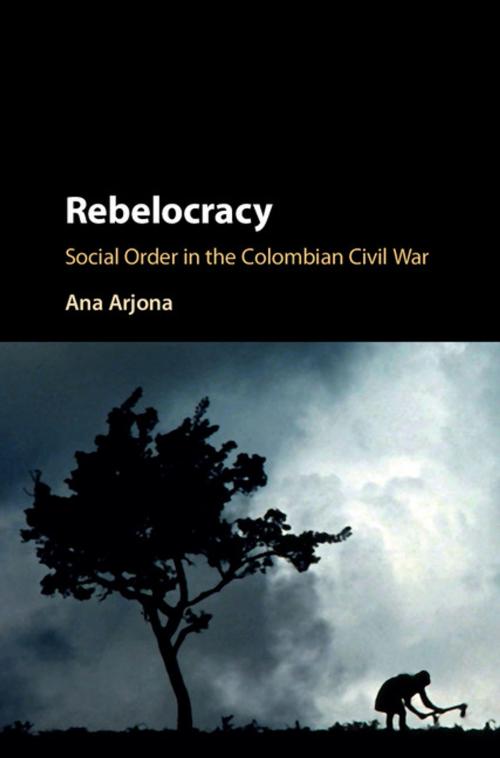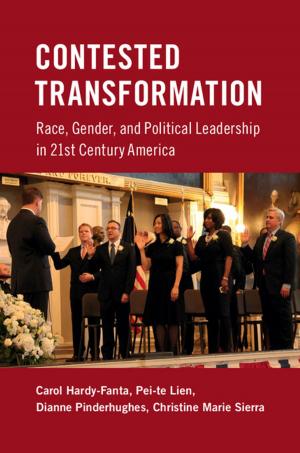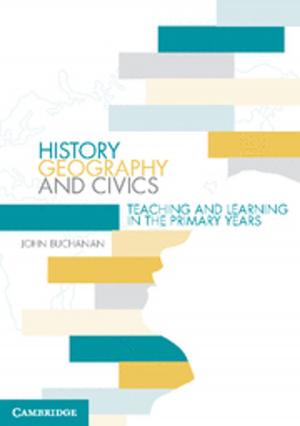Rebelocracy
Social Order in the Colombian Civil War
Nonfiction, Social & Cultural Studies, Political Science, Government, Business & Finance| Author: | Ana Arjona | ISBN: | 9781316866894 |
| Publisher: | Cambridge University Press | Publication: | December 7, 2016 |
| Imprint: | Cambridge University Press | Language: | English |
| Author: | Ana Arjona |
| ISBN: | 9781316866894 |
| Publisher: | Cambridge University Press |
| Publication: | December 7, 2016 |
| Imprint: | Cambridge University Press |
| Language: | English |
Conventional wisdom portrays war zones as chaotic and anarchic. In reality, however, they are often orderly. This work introduces a new phenomenon in the study of civil war: wartime social order. It investigates theoretically and empirically the emergence and functioning of social order in conflict zones. By theorizing the interaction between combatants and civilians and how they impact wartime institutions, the study delves into rebel behavior, civilian agency and their impact on the conduct of war. Based on years of fieldwork in Colombia, the theory is tested with qualitative and quantitative evidence on communities, armed groups, and individuals in conflict zones. The study shows how armed groups strive to rule civilians, and how the latter influence the terms of that rule. The theory and empirical results illuminate our understanding of civil war, institutions, local governance, non-violent resistance, and the emergence of political order.
Conventional wisdom portrays war zones as chaotic and anarchic. In reality, however, they are often orderly. This work introduces a new phenomenon in the study of civil war: wartime social order. It investigates theoretically and empirically the emergence and functioning of social order in conflict zones. By theorizing the interaction between combatants and civilians and how they impact wartime institutions, the study delves into rebel behavior, civilian agency and their impact on the conduct of war. Based on years of fieldwork in Colombia, the theory is tested with qualitative and quantitative evidence on communities, armed groups, and individuals in conflict zones. The study shows how armed groups strive to rule civilians, and how the latter influence the terms of that rule. The theory and empirical results illuminate our understanding of civil war, institutions, local governance, non-violent resistance, and the emergence of political order.















